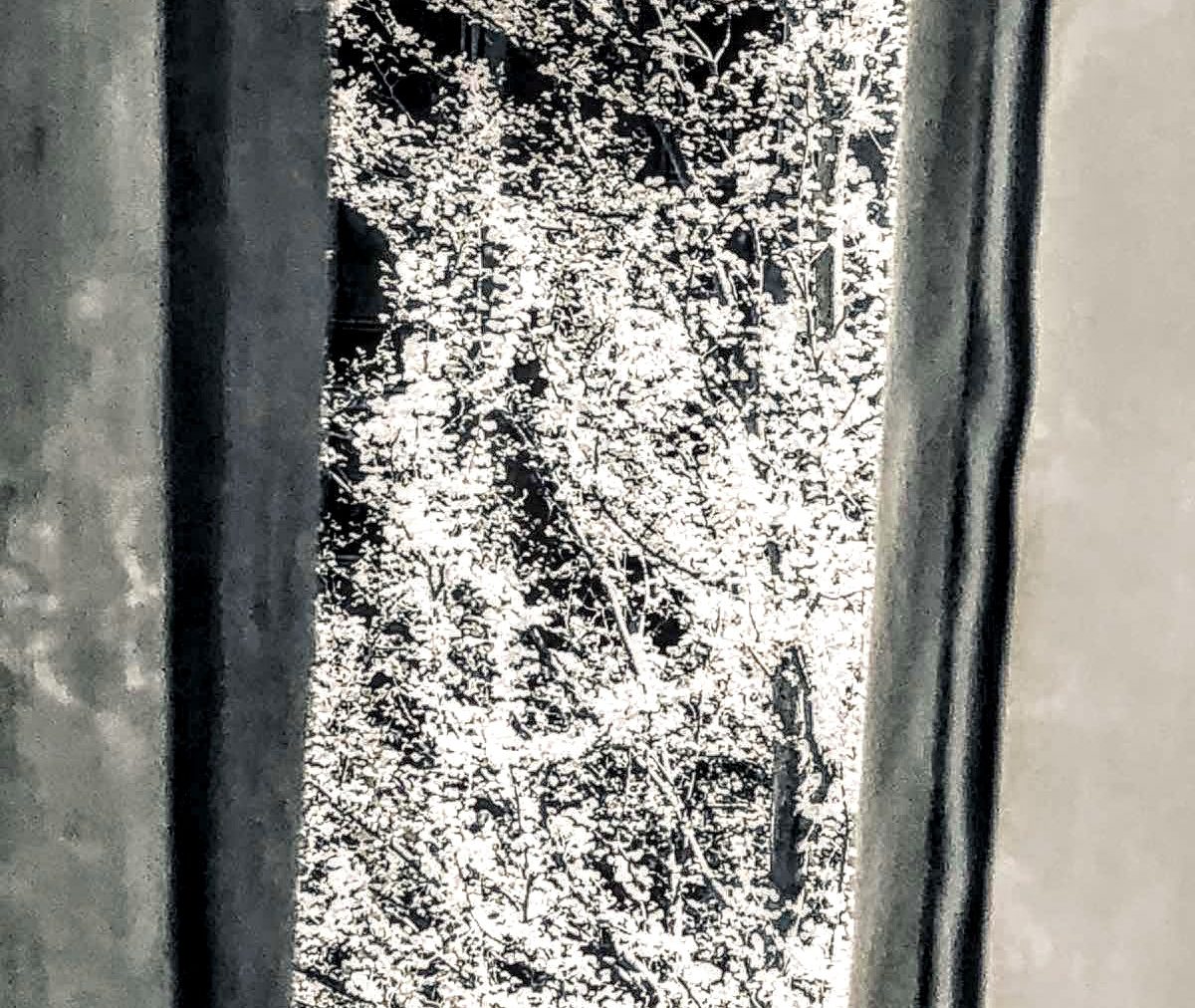We belong to a time, according to Heidegger, in which a breaking up of the onto-theology holding metaphysics together occurs. The death of God is a symptom of, and not the origin of, this breaking up. Breaking up is the disappearing of what holds together and, in this holding together, gathers and brings together into a center. In Heidegger’s philosophy, a saying catching sight of, and observing, the end of metaphysics thus takes place.
The death of God, for Nietzsche and Heidegger, is both a history and a historical event; an event that makes, and makes possible, a history. But this does not mean that there is a history placed over against God, or that there is a history in which God is the God of history, but rather that God belongs to, and is subjected to, history. That is, God is historical, and occurs only in history.
The death of God, in Nietzsche’s philosophy, confirms, and makes firmer, this occurring of God in history, the historicality of God, for it makes apparent that the history of God does not differ from the history of Dasein. Both are histories in which historicality dwells. Hence, historicality exceeds and survives the death of God and our death, for God, resembling Dasein, is historical.
To historicality belongs thus a linking together of death with absence. This means that what dies becomes absent and leaves behind an empty space as a lack indicating disappearing and non-existence. Death is, and makes apparent, this a lack: the emptiness of a space left empty by the leaving and disappearing of what was dwelling in this space. In Heidegger’s thinking-philosophizing, a difference between how metaphysics thinks toward and into this lack and how the poet poetizes-thinks this absence is made clear.
Metaphysics, that is, onto-theology, according to Heidegger, cannot think the death, the absence, of God, for it is itself theologically held together. The death of God cannot be thought from out of that which is held together by God. That is, theology dwells in and lies at the heart of onto-theology. It is this dwelling that makes impossible any attempt at letting God disappear into absence. That is, that which is theologically formed cannot think the space from which theology is excluded. This impossibility is briefly discussed in https://that-which.com/philosophy-and-the-paradox-of-the-death-of-god/.
For the thinking-poetizing of the poet, on the other hand, the death of God is not a lack. There is no emptiness—made possible and apparent by the disappearing of God into death— awaiting completion and fullness. The thinking-poetizing of the poet is a coming closer to and, in this coming closer, a presenting by opening up to view the absence of God as absence, as absence awaiting nothing.
The thinking-poetizing of the poet is a holding out of the absence of God; a poetizing happening in the nearness of the poet to God’s absence, in the space in which the poet and the absence of God come near to each other and thus confirm each other. This holding out occurs because the poet can dwell in an ontology that does not extend itself into onto-theology, that is, poetizing resembles metaphysics in its being a seeking into that which is, yet it differs from metaphysics in its being a seeking into that which is not divine.

